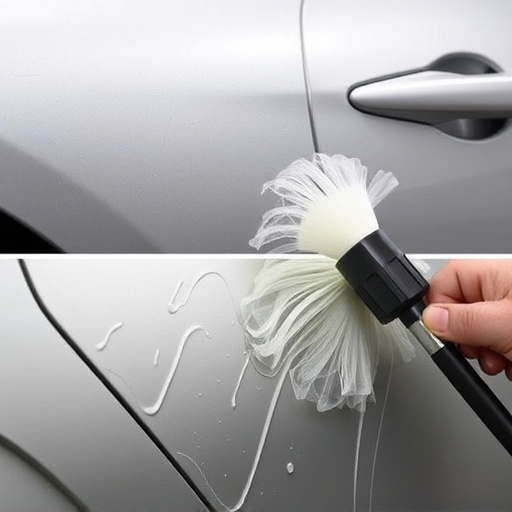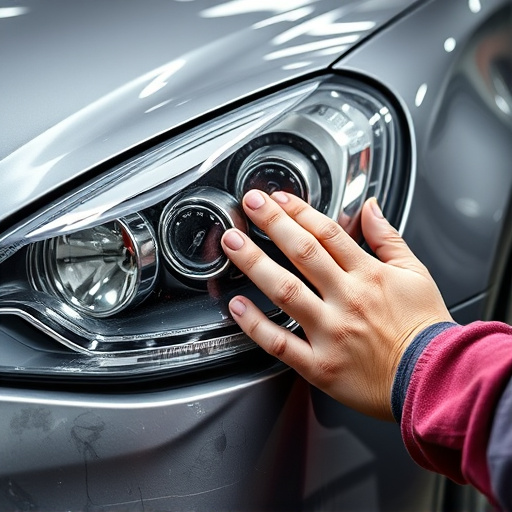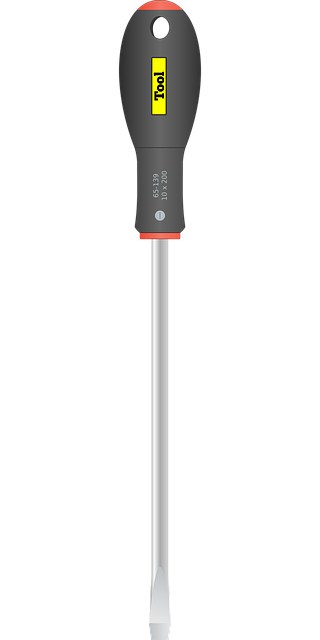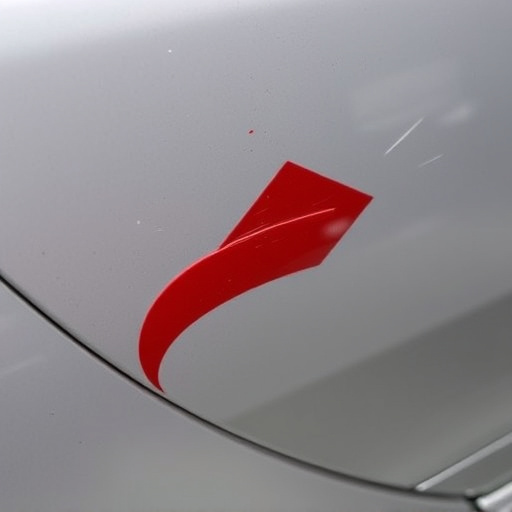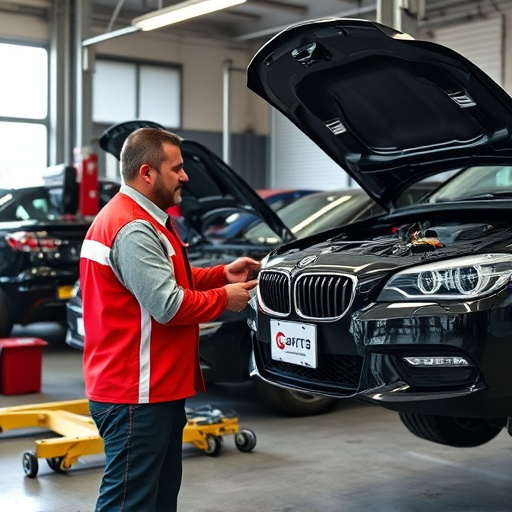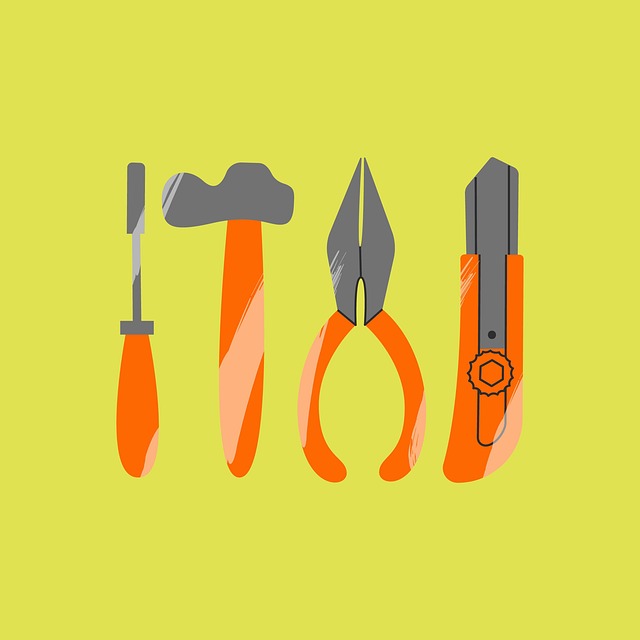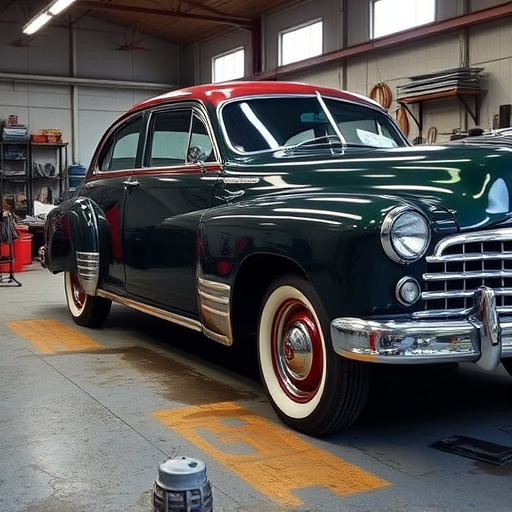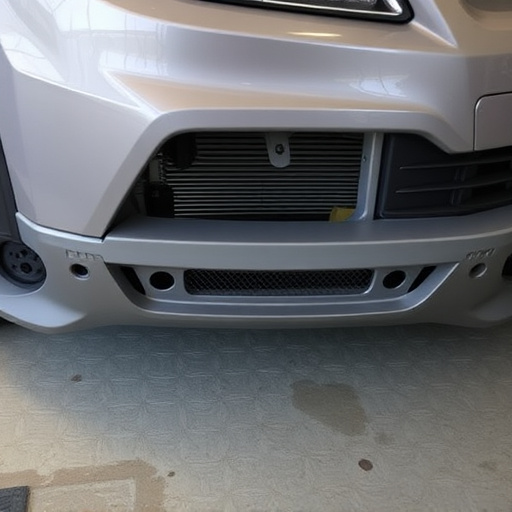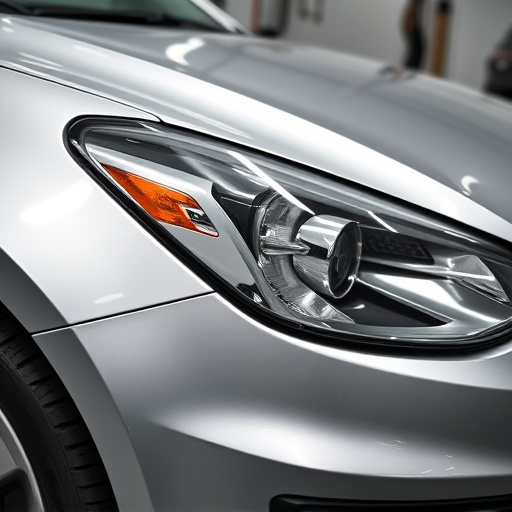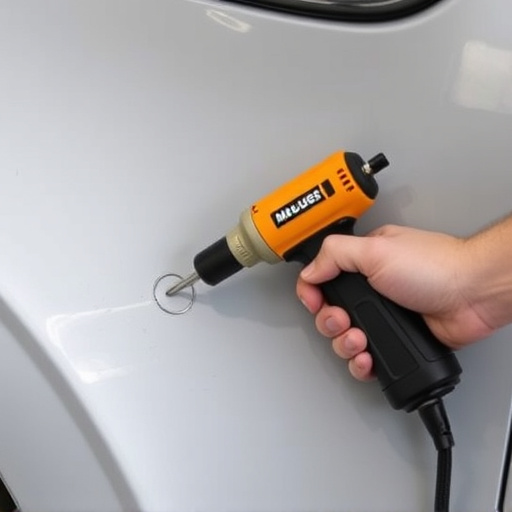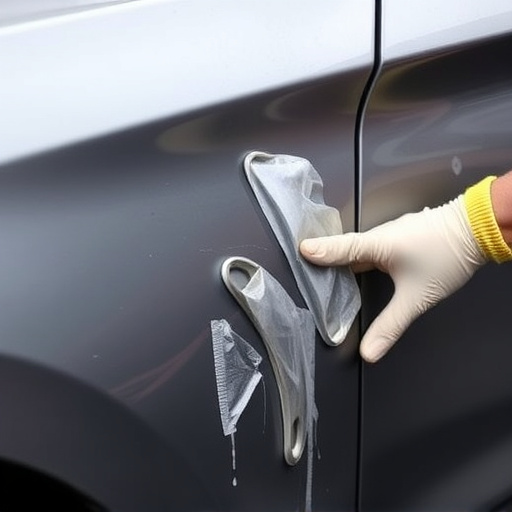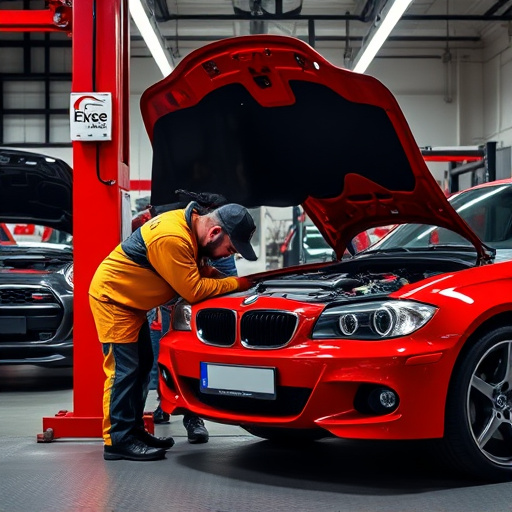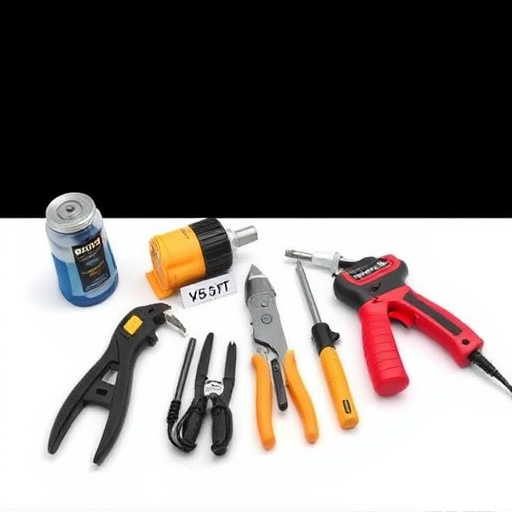Car accidents can cause significant suspension damage, even from minor collisions. Prompt professional assessment is crucial for safety and preventing further vehicle issues. Suspension repair after an accident requires careful consideration, choosing between DIY or expert services based on cost, skill, and severity of damage to ensure vehicle health and safety.
Not all car accidents lead to damaged suspensions. However, due to the critical role of the suspension system in ensuring vehicle safety and handling, it’s crucial to understand common types of suspension damage and when repairs are necessary. This article delves into the intricacies of suspension repair after an accident, guiding you through common issues, determining repair needs, and exploring cost-effective solutions, including DIY vs professional approaches.
- Understanding Common Suspension Damage in Car Accidents
- When Is Suspension Repair Necessary After an Accident?
- Minimizing Costs: DIY vs Professional Suspension Repair
Understanding Common Suspension Damage in Car Accidents
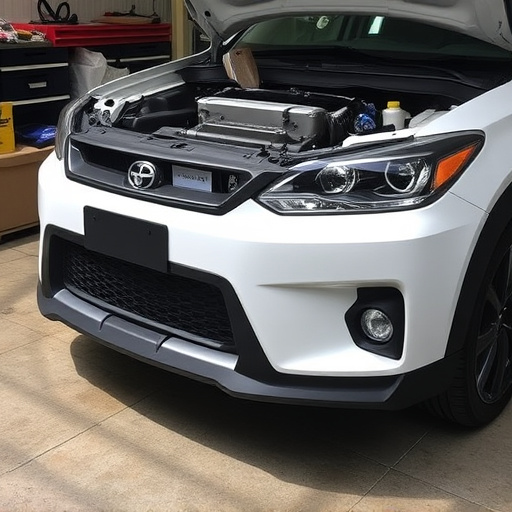
In car accidents, suspension systems are often among the most vulnerable components due to their intricate design and the force they endure during impact. Understanding common suspension damages is crucial for anyone considering suspension repair after an accident. Common issues include damaged control arms, broken ball joints, and twisted or bent struts—all critical elements that ensure a vehicle’s wheels remain properly aligned with the road.
Accidents can also cause shock absorbers and struts to fail, leading to poor ride quality and decreased stability. Moreover, severe accidents may result in suspension components being pushed out of their proper position or completely separated from the vehicle body, necessitating not just suspension repair but also vehicle body repair. Even minor fender benders can lead to significant suspension damage, especially when there is hail damage or other impacts that cause metal deformity, underscoring the importance of professional assessment and timely repairs to ensure safety and prevent further complications.
When Is Suspension Repair Necessary After an Accident?

After a car accident, it’s not always evident if your suspension is damaged. While some collisions may cause immediate and noticeable issues, others might have less apparent effects. However, ignoring potential suspension damage can lead to further complications down the road. Suspension systems are vital for vehicle handling, safety, and ride quality, so any malfunction should be addressed promptly by a professional collision repair center.
When in doubt, seeking expert advice from a reputable Mercedes Benz repair shop or similar vehicle repair services is recommended. They have the tools and expertise to thoroughly inspect your car’s suspension components, including springs, struts, control arms, and shock absorbers. If repairs are indeed necessary, a qualified technician will ensure that your vehicle is restored to its pre-accident condition, enhancing safety and driving comfort.
Minimizing Costs: DIY vs Professional Suspension Repair
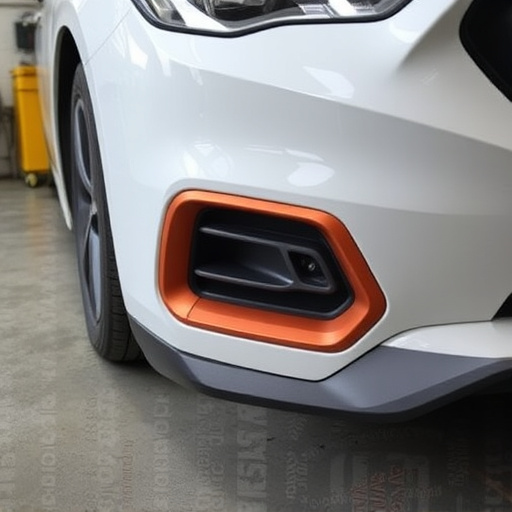
When a car is involved in an accident, one of the primary concerns is the potential damage to the suspension system. While it’s true that accidents can significantly impair the suspension’s integrity, it’s not always the case that the suspension is completely damaged. Many minor fender benders or less severe collisions may only cause slight adjustments or adjustments to the suspension components rather than complete destruction.
The decision between DIY suspension repair and seeking professional automotive collision repair services depends on several factors. On one hand, DIY repairs can be appealing for those looking to minimize costs, especially if they possess some mechanical aptitude and have access to replacement parts. However, attempting to fix a suspension yourself comes with risks—improper installation could lead to further damage or compromise the safety of the vehicle. Professional automotive collision repair technicians, on the other hand, have the expertise, specialized tools, and training required to accurately assess and safely repair suspension systems following an accident. While professional repairs may come at a higher cost, they ensure that your vehicle is restored to its pre-accident condition, maximizing both performance and safety.
Not all suspensions are damaged in car accidents, and knowing when a repair is truly necessary can save you time and money. While some components may show immediate signs of distress, others could be less obvious but still require attention. By understanding common types of suspension damage and comparing DIY versus professional suspension repair options, you’ll be better equipped to make informed decisions regarding your vehicle’s well-being post-accident. Remember, prompt evaluation by a qualified mechanic is key in ensuring your safety and optimizing the performance of your car’s suspension system.
